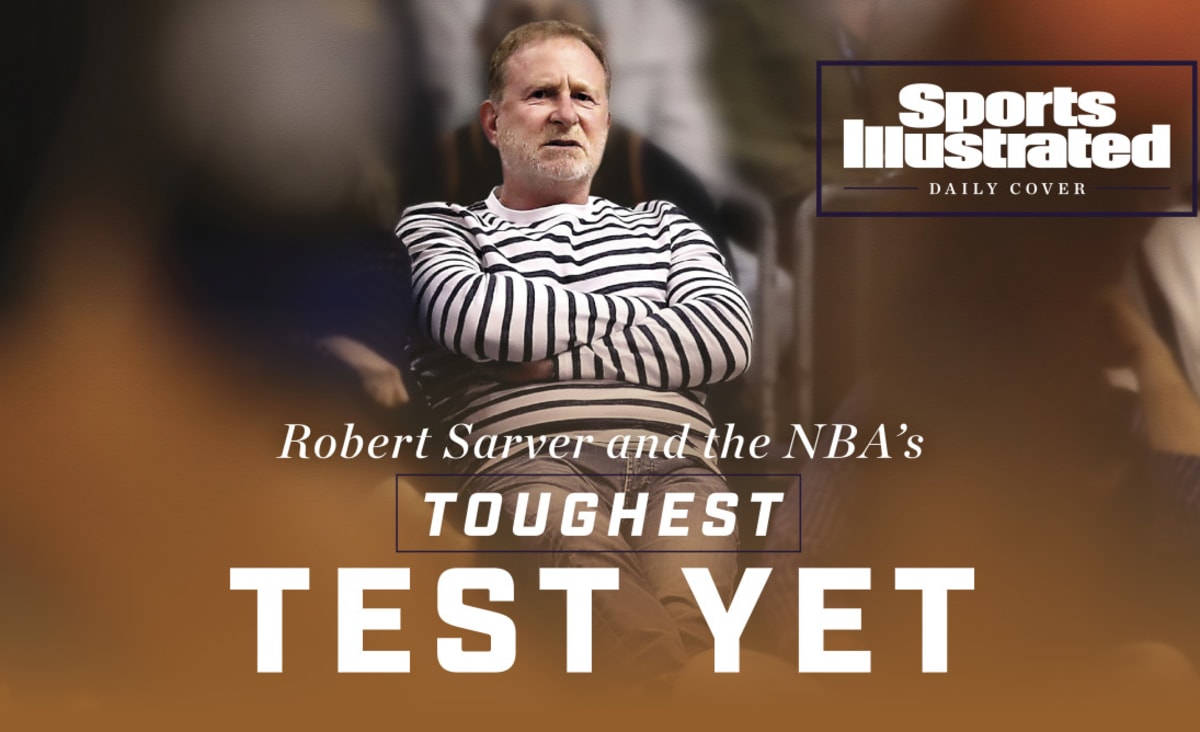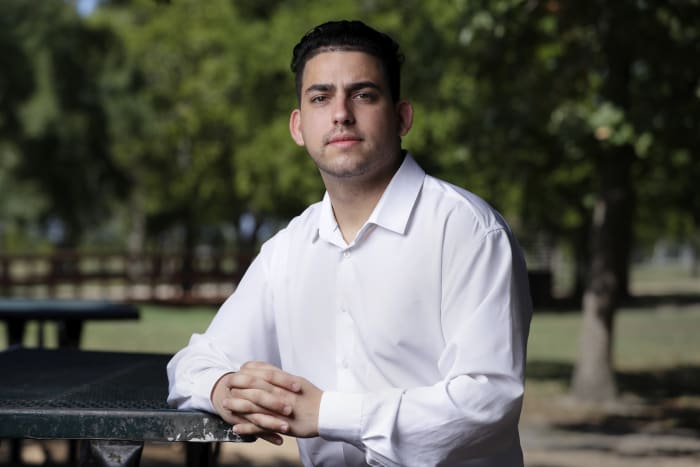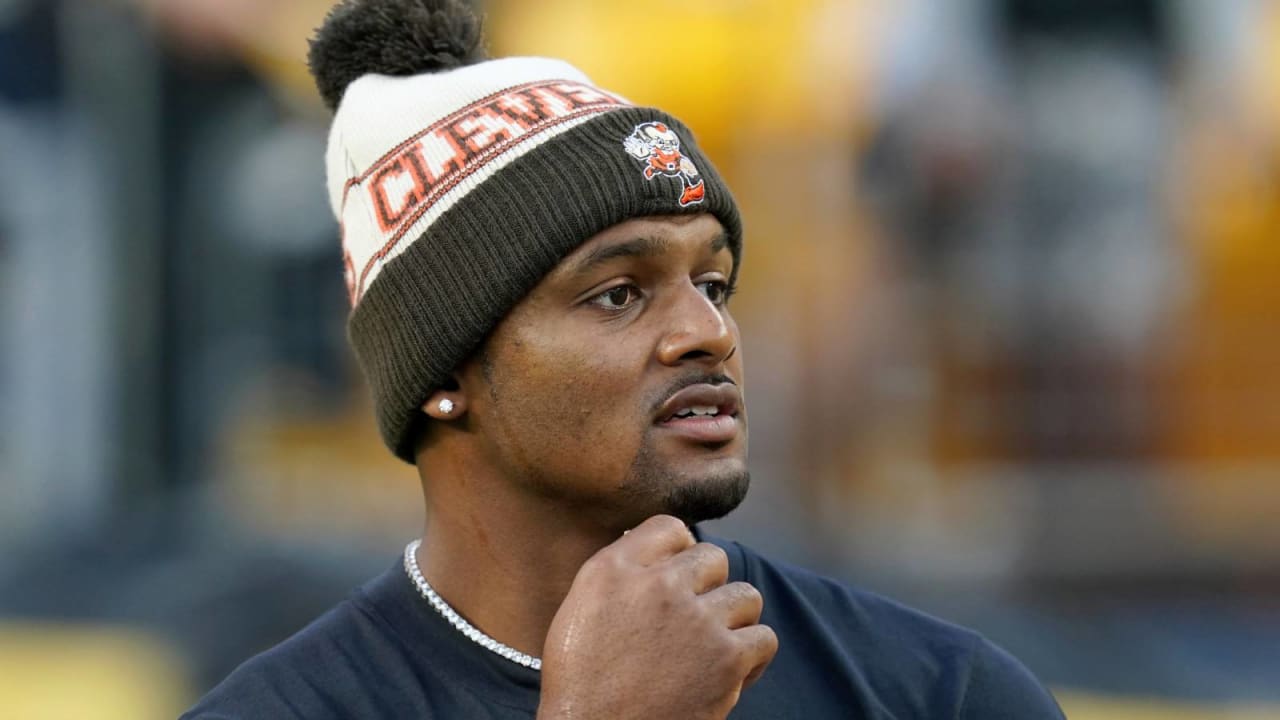
www.si.com
'The Message Has To Be Clear'
What will the progressive sports league do about the Suns owner?
Sports
Within hours of Kyle Rittenhouse’s acquittal last Friday came a pointed rejoinder from the NBA, the world’s most progressive pro sports league.
“Our thoughts are with the families of those whose lives were taken in this tragedy,” said the statement from James Cadogan, executive director of the NBA’s new Social Justice Coalition. “The right to peacefully protest is a bedrock of our democracy, and the National Basketball Social Justice Coalition remains committed to preserving that right for all. Any forms of vigilantism in our society are unacceptable.”
In three sentences, the NBA made absolutely clear where it stood: sympathy for the people gunned down by Rittenhouse, support for the protests demanding police accountability, condemnation of Rittenhouse’s deadly law-enforcement cosplaying.
It was precisely the message we’ve come to expect from the NBA, a league that has publicly championed the Black Lives Matter movement and all it entails—police reform, voter empowerment and racial equity, and social justice at large.
How, then, do we reconcile last week’s statement from the league with the others we recently heard attached to a powerful NBA figure?
In-depth analysis, unrivaled access. Get SPORTS ILLUSTRATED's best stories every weekday. Sign up now.
“These [n-words] need a [n-word].” “I don’t like diversity.” “Do I own you? Are you one of mine?”
Those three sentences were allegedly uttered by the Suns’ majority owner, Robert Sarver, according to an ESPN investigative report published earlier this month. The story, built on interviews with 70-plus current and former Suns employees, documented an extensive and appalling history of racism, misogyny and verbally abusive behavior by Sarver. The NBA has commissioned a law firm to conduct its own investigation but is reserving judgment until that report is complete. Sarver has denied most of the allegations.
The contrast provides a stark and useful reminder: that the NBA is not some monolithic institution; that progressive-minded league officials, like commissioner Adam Silver, do not necessarily share the same values as the billionaire owners who run the league; and that those owners perhaps should not always be trusted on statements of social justice—no matter how many they issued amid the George Floyd protests in the summer of 2020.
For those who viewed those pledges with suspicion—more public relations than principle—the Sarver story only sharpened the skepticism. And evoked a heavy sigh.
“You have to remember that professional sports is a business, and we’ve seen commerce trump principle far too often,” says Len Elmore, the former NBA player, broadcaster and lawyer who is now a senior lecturer in Columbia University’s sports management program. “Oftentimes,” Elmore notes, “leagues say all the right things in many ways to placate their employees.”
























































